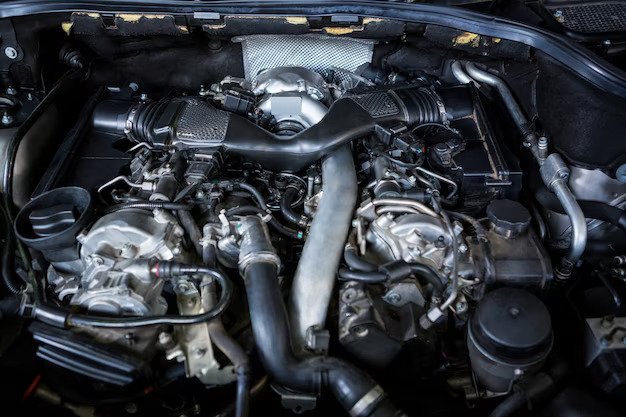Experiencing an engine misfire can be a frustrating and concerning problem for car owners in South Africa. Engine misfires can lead to reduced performance, poor fuel efficiency, and potential damage to engine components. In this article, we will explore common causes of engine misfires and provide guidance on how to diagnose and resolve them, ensuring your vehicle runs smoothly on South Africa’s roads.
- Understanding Engine Misfires
An engine misfire occurs when one or more cylinders fail to ignite properly, resulting in a disruption of the combustion process. The engine may run rough, exhibit a lack of power, produce vibrations, or trigger the check engine light. It is essential to address misfires promptly to prevent further damage and maintain optimal engine performance.
- Ignition System Issues
One of the primary causes of engine misfires is related to the ignition system. Faulty spark plugs, ignition coils, or ignition wires can disrupt the proper ignition of fuel in the cylinders. Regular inspection and replacement of spark plugs, typically every 30,000 to 50,000 kilometers, is crucial. Ensure you use the correct spark plug type and gap recommended by the vehicle manufacturer. Faulty ignition coils or damaged ignition wires should also be inspected and replaced if necessary.
- Fuel System Problems
Issues with the fuel system can contribute to engine misfires. Clogged fuel injectors, a malfunctioning fuel pump, or a restricted fuel filter can disrupt the fuel delivery to the cylinders. Regularly maintaining the fuel system, such as cleaning or replacing the fuel injectors and filters, is vital to prevent misfires. It is also important to use high-quality fuel from reputable stations to minimize the risk of fuel-related problems.
- Air Intake and Vacuum Leaks
Air intake issues and vacuum leaks can result in engine misfires. Leaks in the intake manifold or vacuum hoses can introduce excess air into the combustion chamber, disrupting the air-fuel mixture. Inspect the intake manifold gaskets, vacuum hoses, and other connections for signs of wear or damage. Address any leaks promptly by replacing or repairing the affected components.
- Malfunctioning Sensors
Faulty sensors can also cause engine misfires. The mass airflow sensor (MAF), oxygen sensors, and crankshaft position sensor play critical roles in monitoring and adjusting the engine’s air-fuel ratio and timing. If these sensors malfunction, they can disrupt the combustion process and lead to misfires. Diagnosing sensor-related issues requires specialized diagnostic tools, so it is recommended to consult a qualified mechanic for accurate diagnosis and replacement if needed.
- Compression Problems
Low engine compression can result in misfires. Worn piston rings, leaking valves, or a blown head gasket can compromise cylinder compression, affecting the combustion process. A compression test can help identify any cylinder-specific compression issues. If compression problems are detected, professional assistance is necessary to diagnose the exact cause and perform the required repairs.
- Regular Maintenance and Inspection
Prevention is key to avoiding engine misfires. Regular maintenance, including tune-ups, oil changes, and filter replacements, is crucial for overall engine health. Routine inspections by a qualified mechanic can identify potential issues before they develop into misfires. Following the manufacturer’s recommended maintenance schedule ensures that vital components are regularly inspected and serviced.
Dealing with engine misfires can be a worrisome experience for car owners in South Africa. However, by understanding the common causes of misfires and taking proactive measures, you can effectively resolve these issues. Regular maintenance, including proper care of the ignition system, fuel system, intake system, sensors, and compression components, is essential. If you experience persistent misfires, it is advisable to consult a qualified mechanic to diagnose and address the underlying problem. By maintaining a healthy engine, you can enjoy smooth and reliable performance on South Africa’s roads.











